New Delhi: The governments of India and the UK have announced a joint investment of £1.8 million to establish the world’s first UK-India Critical Minerals Supply Chain Observatory.
The initiative, launched under the UK-India Technology Security Initiative (TSI), will strengthen collaboration on securing vital resources like lithium, copper, nickel, and cobalt, which are essential for electric vehicles, renewable energy, and semiconductors.
TEXMiN Satellite Campus in Dhanbad
As part of the initiative, TEXMiN will set up a new satellite campus at the Indian School of Mines (IIT-ISM), Dhanbad. The campus will support India’s efforts in building the largest digital infrastructure for the critical minerals value chain. It will focus on enabling digital traceability, sustainable sourcing, and transparency across the sector.
This partnership marks a major step toward India’s self-reliance and global leadership in the critical minerals sector. TEXMiN plans to integrate advanced technologies such as AI, blockchain, and analytics to strengthen traceability and sustainability in the supply chain.
Rare Earth Focus at Ahmedabad
The Gujarat Mineral Development Corporation Ltd.’s International Centre of Excellence in Mining (iCEM) will establish a rare earth-centric variant of the observatory at Ahmedabad. The project has received £600,000 in funding from GMDC Ltd.
iCEM’s role will be to drive industry collaboration, with a particular focus on skill development in midstream operations of critical minerals. The centre will also test practical applications of the observatory in managing the end-to-end rare earth element supply chain.
According to GMDC Ltd, the Technology Security Initiative provides a platform where research centres like the University of Cambridge’s Institute for Manufacturing (IfM) can collaborate with industry-oriented institutions such as iCEM. This partnership is expected to support companies like GMDC in working with global partners to build resilient supply chain infrastructure.
UK-India Research Collaboration
The Observatory will be led by the Industrial Resilience Research Group at the IfM, University of Cambridge, in collaboration with IIT Bombay and other institutions. The project will map supply chains, assess risks, and identify investment and recycling opportunities across both countries.
The University of Cambridge emphasized that critical minerals are central to addressing global challenges in energy transition and emerging technologies. The partnership with Indian institutions will deepen research into supply chain resilience and vulnerabilities.
Creation of UK-India Critical Minerals Guild
Alongside the Observatory, both nations have announced the creation of the UK-India Critical Minerals Guild. The Guild will modernize financing frameworks, accelerate innovation, and drive bilateral cooperation in processing, recycling, market development, research and development, and risk management.
Both sides have underlined the importance of promoting circular economy practices and deploying digital traceability solutions to make supply chains more sustainable and transparent.





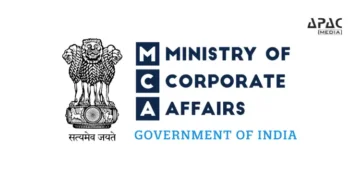
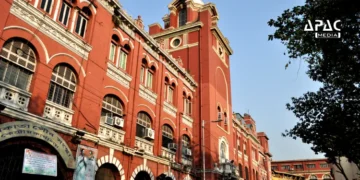


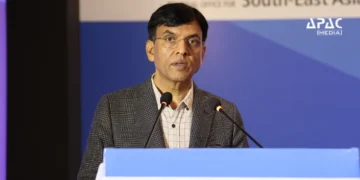

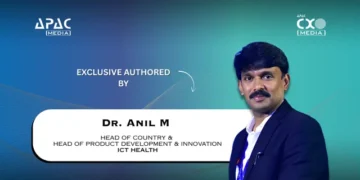







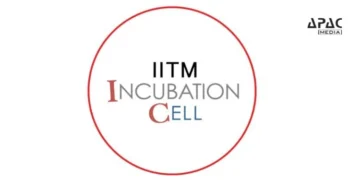


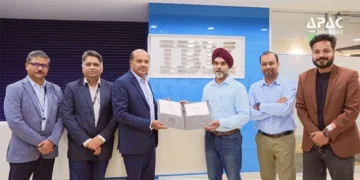
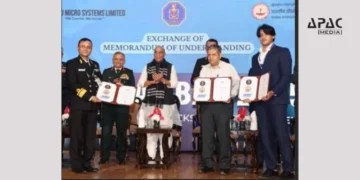
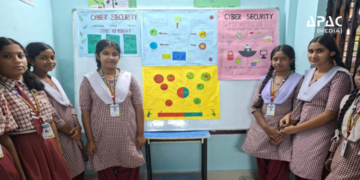
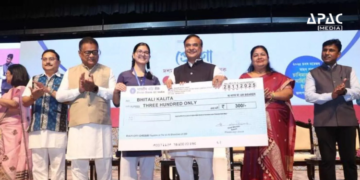


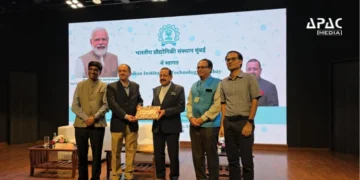
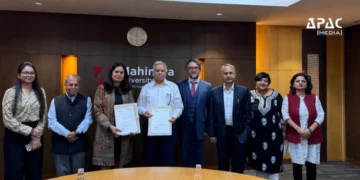

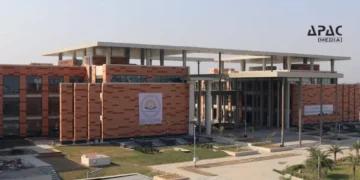




























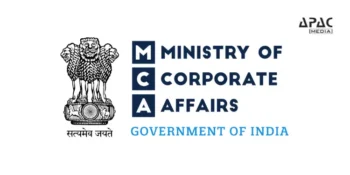








Discussion about this post